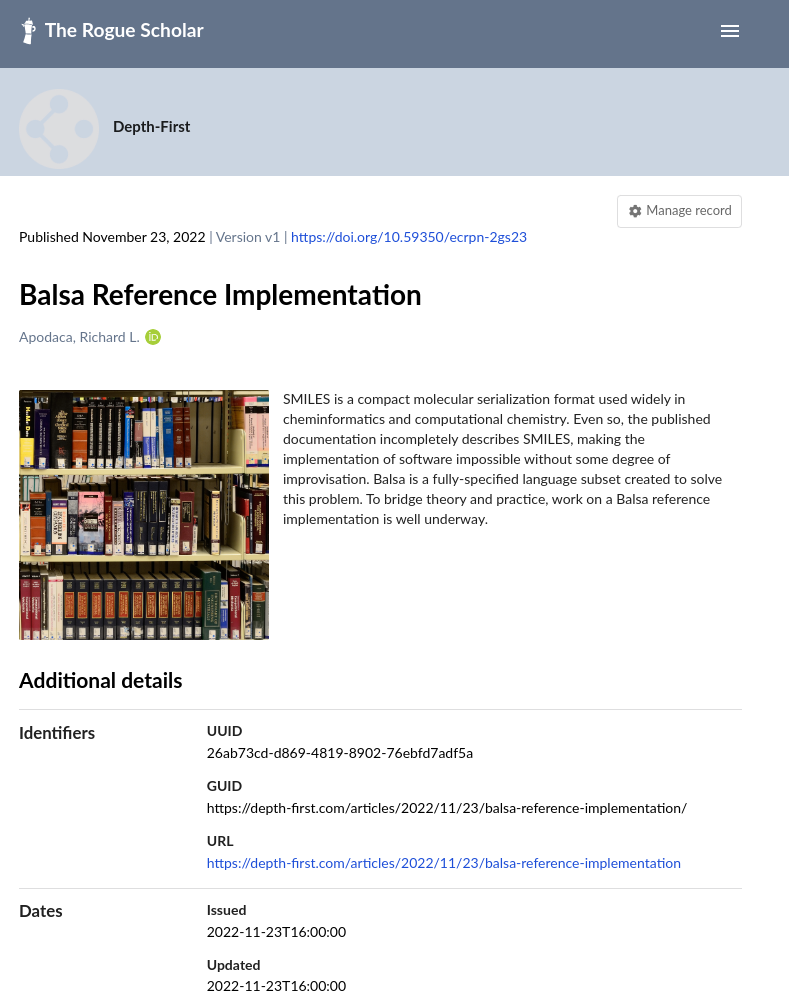Archiving blogs
Blogs come and go. Sometimes they move from one location to another. However, blogs have not been systematically archived, perhaps for work by efforts by OpenLaboraty. Bora Zivkovic gave in 2012 a good overview , to which Paul Raeburn replied: “If you weren’t blogging in the mid-2000s, when all the science bloggers knew and blogrolled each other, you’ve already missed the golden age.”. I think blogging is as strong as ever, but a lot of blogs have become more like columns in bigger media. Archiving of blog had not been done systematically, tho some posts made it into print, for example in the Open Laboratory series. Some copies made it into libraries, e.g. 2006, 2010, and 2012.
The two posts from the first paragraph from the blogs.scientificamerican.com provide a good example of the problem: bitrot. The Internet Archive has always been useful for archiving webpages and has been useful for archiving blogs too. But I do not believe it has been used systematically either, but at least it helped recover the above two pages.
So, when I discussed the blog of Rich Apodaca earlier this month, the question came up if we could archive his blog. Beside his personal coverage of his cancer, his blog also covers a good bit of open science cheminformatics of the zeros and 10s.
Rogue Scholar
This is where Rogue Scholar comes in. Martin Fenner took up my question and started archiving Rich’ blog, resulting in this ‘community’ collecting the blog posts. This is what an archive page for a single blog post looks like:

What this archive now has is DOIs for each blog post, archived metadata that will also propagate via DataCite, etc. It does not have PDFs or other copies of the full blog posts yet. There are more than 900 blog posts to create PDFs for. Anyone has an idea?
I will post later this year about formally/semantically linking blogs citing other blogs using DOIs for blog posts, for example from Rogue Scholar. Any probably throw in some use of the Citation Typing Ontology.
Anyway, I can recommend everyon to get their blog lists on Rogue Scholar, for the DOIs and for the automatic archiving.
You can use your Mastodon or other ActivityPub-based Fediverse-account to comment on this article by leaving a publicly visible reply to this associated post. Content warnings are supported. You can also delete your comments at any time by deleting your post on the Fediverse.